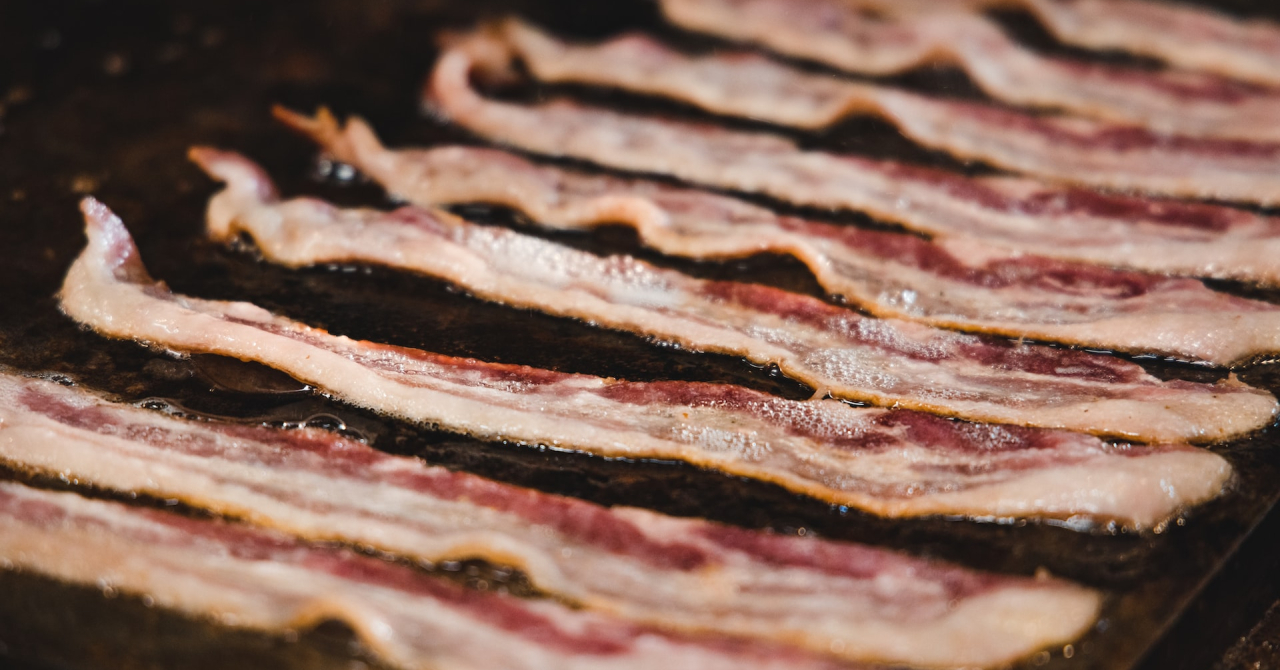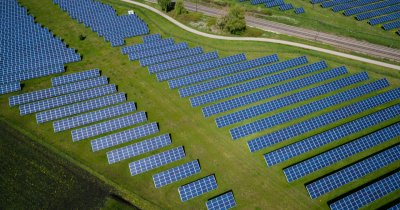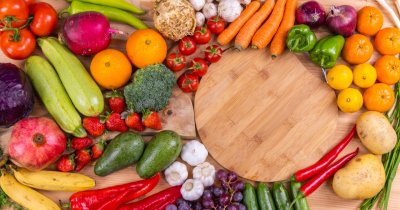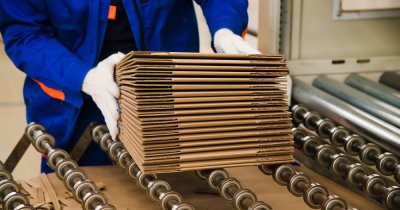According to Fast Company, the Californian maker Umaro Foods had a totally different beginning a decade ago.
Company cofounder and CEO Beth Zotter first tried to turn seaweed into biofuels, but the fact that the solution was not competitive enough to dethrone fossil fuels, it failed.
"I knew that I wanted to do something commercial and that biofuel was not going to be commercially viable anytime soon", she stated.
"This is about the same time that the alternative protein movement was really taking off, and Beyond Meat and Impossible Foods were becoming household names", which is why she thought of turning seaweed into a source of protein.
Per 4.000 square meters, kelp can make five times more protein than a similarly-sized field of soybeans, according to the CEO of Umaro Foods.
After doing some pilot testing for growing algae, she partnered with plant biochemist Amanda Stiles to start developing the bacon-alternative, as the scientist had previous experience in making plant-based alternatives.
Beth Zotter says that "we started with the texture. We were just playing around with these textures and realized that we got something really crispy with a fat delivery."
For the plant-based food to be as close as possible to real bacon, the company also makes use of chickpeas, salt, coconut and sunflower oil and other ingredients.
While other plant-based meat foods have a fairly high rate of success, such as plant burgers, bacon is one of the foods that the industry was not able to successfully replicate, Beth argues.
Umaro's bacon could be a hit, since the company started working with a few restaurants this summer, bringing its product to customers' plates.
Next year, the company hopes to be able to sell its bacon in stores as well and the new automated equipment for growing the algae should help keep the cost down.
The CEO of the company hopes that "once that’s completed, we should be able to beat the price of pork bacon."
 Mihai - Cristian Ioniță
Mihai - Cristian Ioniță












Any thoughts?